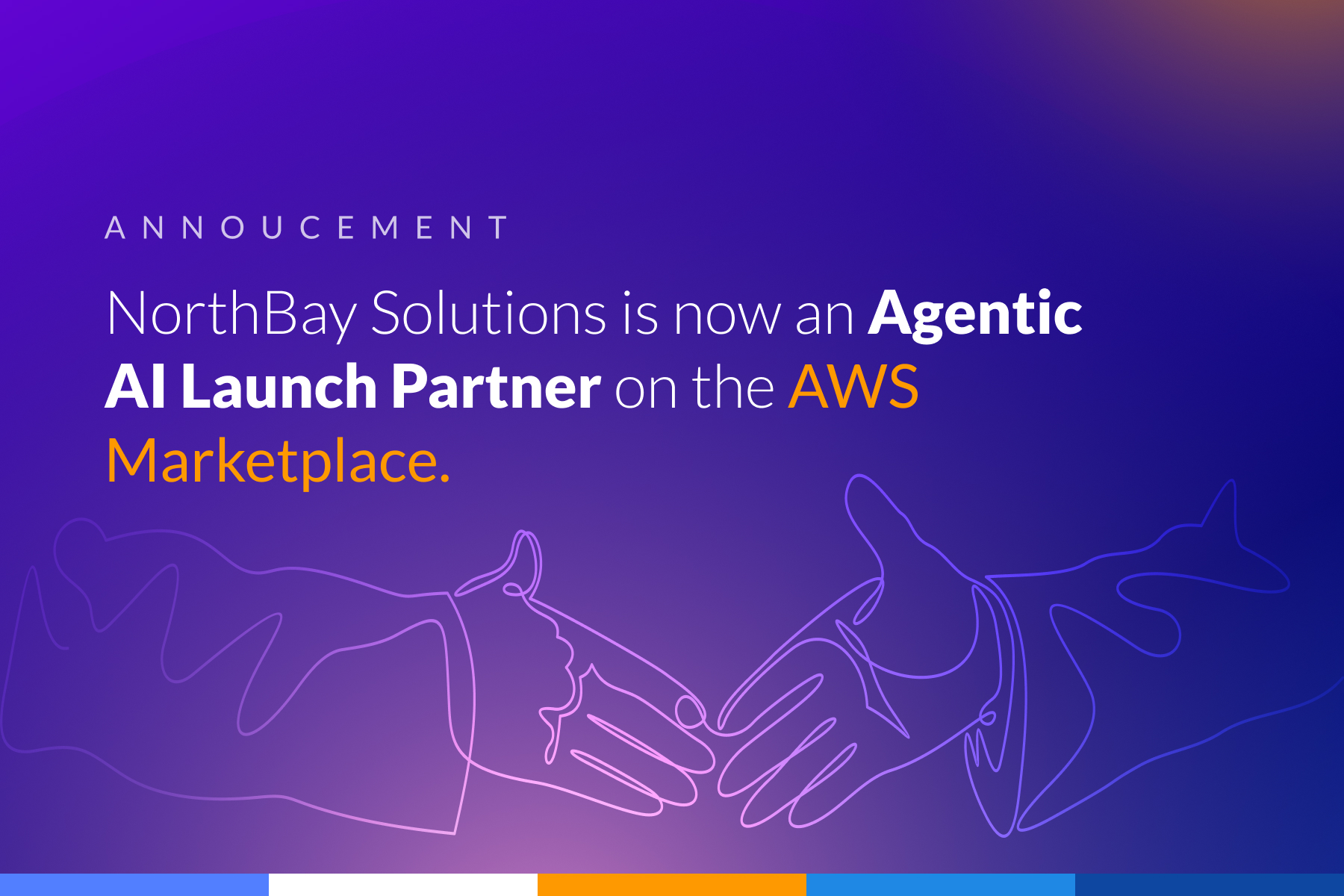
A study by Accenture found that more than 60% of patients would choose healthcare providers who offer digital tools over those who don’t. This statistic reflects a growing reality: patients now expect healthcare to be accessible, responsive, and available around the clock. Yet, providers often struggle to meet these expectations due to limited staff, long wait times, and rising operational costs.
Conversational AI for healthcare is emerging as a practical solution to this challenge. It’s enabling hospitals, clinics, and care networks to deliver timely support, reduce administrative burden, and improve patient engagement without overextending their staff.
Why Healthcare Needs Conversational AI Now?
Healthcare systems are under more pressure than ever managing patient expectations, regulatory compliance, workforce burnout, and digital transformation all at once. Many providers still rely heavily on phone calls and paper forms, which frustrates patients and staff alike. The result? Delayed care, high no-show rates, and a growing gap between what patients want and what organizations can deliver.
This is where Conversational AI for healthcare makes a measurable difference. It offers immediate, scalable support through intelligent virtual assistants that handle patient queries, appointment management, triage, and follow-up 24 hours a day, without requiring human intervention for every interaction.
These virtual assistants are not just automated scripts. They are powered by advanced natural language understanding (NLU) and trained on medical language, so they can accurately interpret patient needs and respond with clarity. As a result, patients feel heard and supported, while providers save time and resources.
Designed for Outcomes That Matter
One of the greatest strengths of Conversational AI for healthcare is its ability to deliver quantifiable value across both patient care and operations. In our implementation experience, AI-assisted patient journeys consistently outperform traditional channels in key areas:
- 35% decrease in contact center volume, allowing staff to focus on complex or urgent needs.
- Up to 40% reduction in appointment no-shows through smart reminders and rescheduling options.
- 2.8x return on investment (ROI) within the first year of deployment.
- Faster patient onboarding, reducing form fill times by up to 50%.
- Increased patient engagement scores by 20–30% across follow-up and chronic care programs.
These results don’t happen in isolation. They come from well-structured, managed Conversational AI solutions that are fully integrated with scheduling systems, EMRs, and patient portals.
Meeting Patients Where They Are
Modern patients are digital-savvy. Whether booking appointments, checking symptoms, or accessing lab results, they want these services available on their terms on mobile devices, through websites, or even via voice assistants. Conversational AI bridges the gap between patient needs and provider capabilities by offering friendly, accurate, and consistent communication at scale.
Let’s take an example: A patient visits a hospital website late at night with questions about post-surgery care. Instead of waiting until the next day, the AI assistant responds instantly reassuring the patient, providing aftercare instructions, and even flagging symptoms that may require follow-up. This reduces stress for the patient and eliminates unnecessary phone calls or emergency visits.
In multilingual regions, Conversational AI can be trained to understand and respond in different languages, making care more accessible to all communities. This is especially helpful in underserved areas or with aging populations who may face digital literacy barriers.
Security, Privacy, and Human Oversight
Of course, no AI system in healthcare can succeed without trust. Conversational AI for healthcare must be designed with strict attention to privacy, security, and compliance. At NorthBay, our AI systems are built following HIPAA and regional data protection standards. All conversations are encrypted, and sensitive patient data is never stored unnecessarily.
Equally important is the human-in-the-loop approach. While AI handles common tasks, it knows when to escalate to a live agent or clinician. This ensures that patients always have access to empathy and expert guidance when needed.
From Automation to Personalization
While automation reduces workload, the real power of Conversational AI for healthcare lies in personalization. With integration into backend systems, the AI assistant can recognize returning patients, recall recent visits, suggest next steps, and even offer preventive care reminders.
Imagine a diabetes patient receiving an automated message:
“Hi Sam, it’s been 3 months since your last checkup. Would you like to schedule a follow-up with your endocrinologist?”
This level of proactive engagement is not only helpful it builds trust and encourages better outcomes.
Generative AI takes this further, enabling dynamic responses that reflect patient history, care pathways, and clinical best practices. It turns a one-size-fits-all interaction into a meaningful conversation tailored to the individual.
Why a Managed AI Approach Works Best
Implementing AI in a healthcare setting isn’t just about deploying software. It requires strategy, continuous learning, compliance checks, and ongoing training. That’s why many organizations choose a managed Conversational AI solution.
NorthBay’s managed service includes:
- Domain-trained AI tailored to your specialties and services
- Continuous updates to reflect changing protocols and patient behavior
- Integration with EHR, CRM, scheduling, and billing systems
- Real-time reporting on patient engagement, support metrics, and ROI
In our experience, this managed model delivers faster time-to-value and ensures that AI becomes a trusted member of the care team not just another disconnected tool.
Looking Ahead: A Smarter, More Human Future
As generative AI capabilities mature, the future of Conversational AI for healthcare will evolve from reactive support to proactive care coordination. From real-time symptom checking to mental health screening, AI can assist in delivering more connected, accessible, and human-centered healthcare.
The goal isn’t to replace healthcare professionals. It’s to support them by removing routine tasks, improving access, and delivering care that’s timely, accurate, and compassionate.
Final Thought
The adoption of Conversational AI for healthcare is not just a digital upgrade it’s a strategic decision that directly impacts patient experience and bottom-line performance. For healthcare providers ready to reduce costs, boost patient satisfaction, and operate more efficiently, the time to act is now.
At NorthBay Solutions, we help healthcare organizations implement secure, scalable AI solutions that drive real results. Let’s build smarter, more accessible care together.
About NorthBay Solutions
NorthBay Solutions is a leading provider of cutting-edge technology solutions, specializing in Agentic AI, Generative AI MSP, Generative AI, Cloud Migration, ML/AI, Data Lakes and Analytics, and Managed Services. As an AWS Premier Partner, we leverage the power of the cloud to deliver innovative and scalable solutions to clients across various industries, including Healthcare, Fintech, Logistics, Manufacturing, Retail, and Education.
Our commitment to AWS extends to our partnerships with industry-leading companies like CloudRail-IIOT, RiverMeadow, and Snowflake. These collaborations enable us to offer comprehensive and tailored solutions that seamlessly integrate with AWS services, providing our clients with the best possible value and flexibility.
With a global footprint spanning the NAMER (US & Canada), MEA (Kuwait, Qatar, UAE, KSA & Africa), Turkey, APAC (including Indonesia, Singapore, and Hong Kong), NorthBay Solutions is committed to providing exceptional service and support to businesses worldwide.





